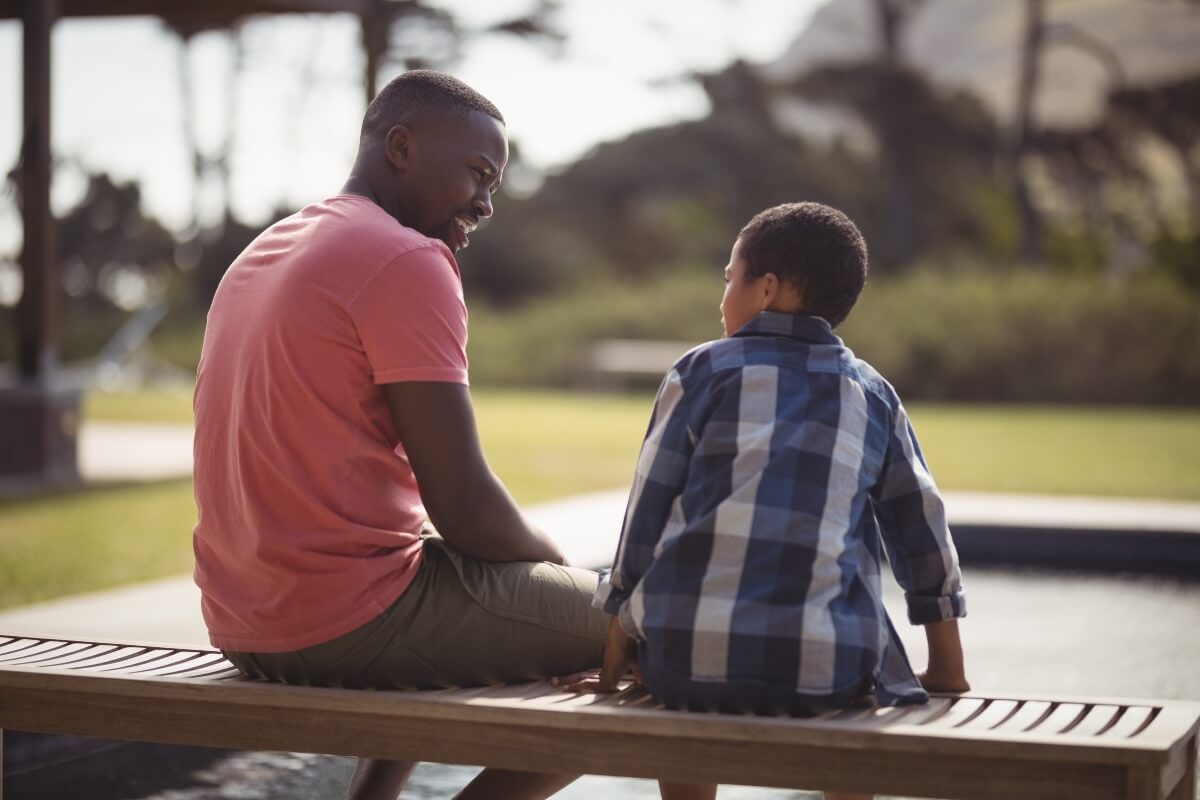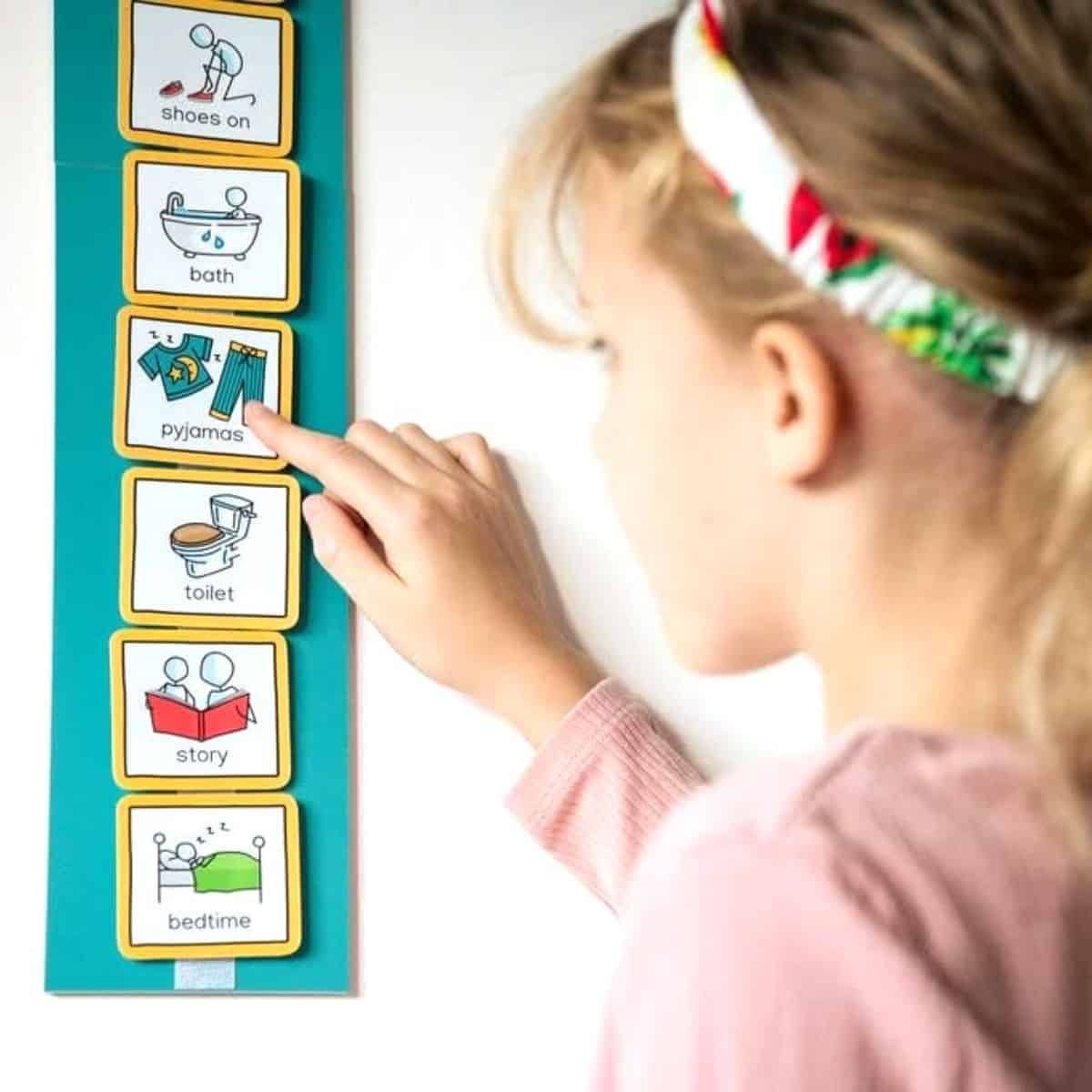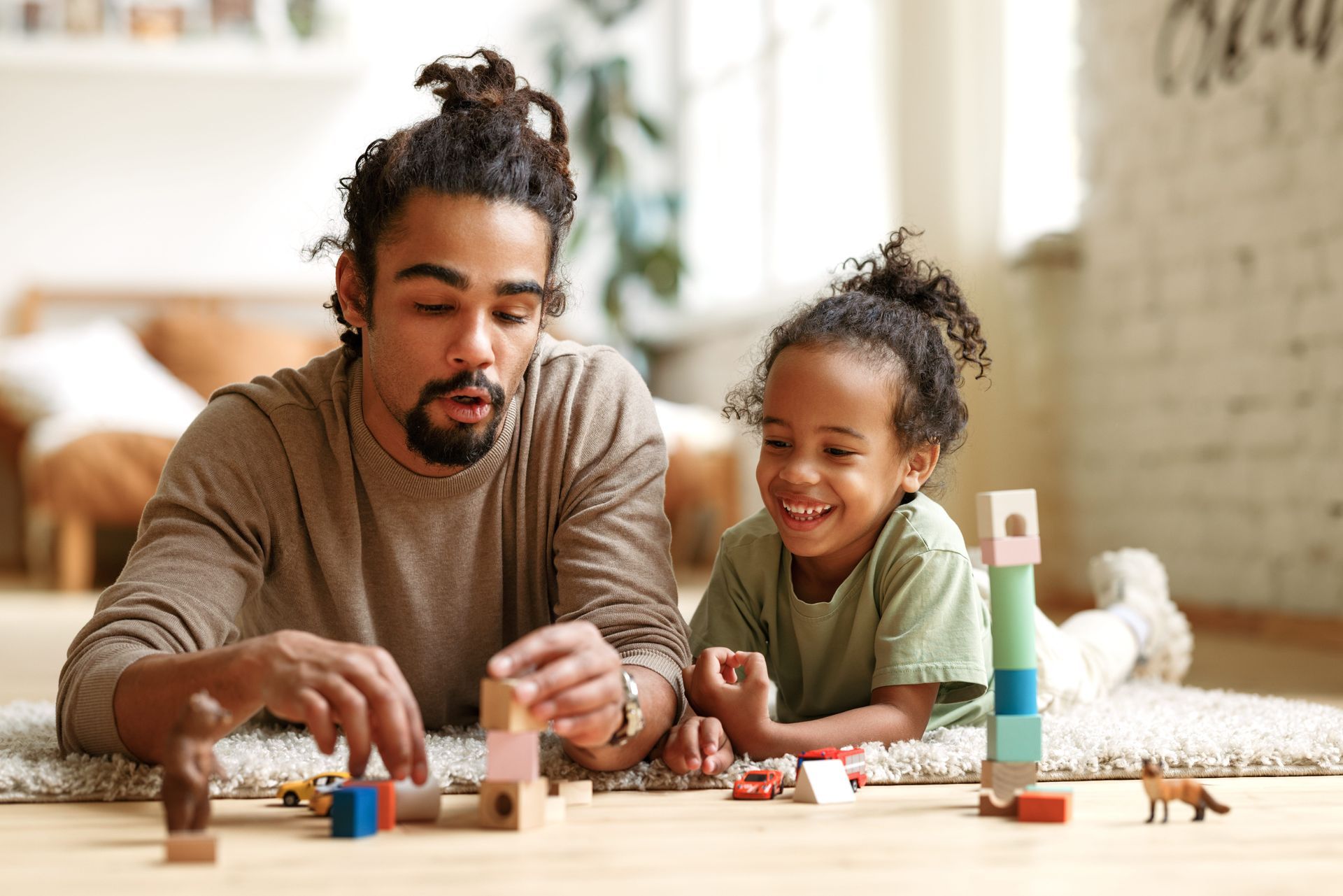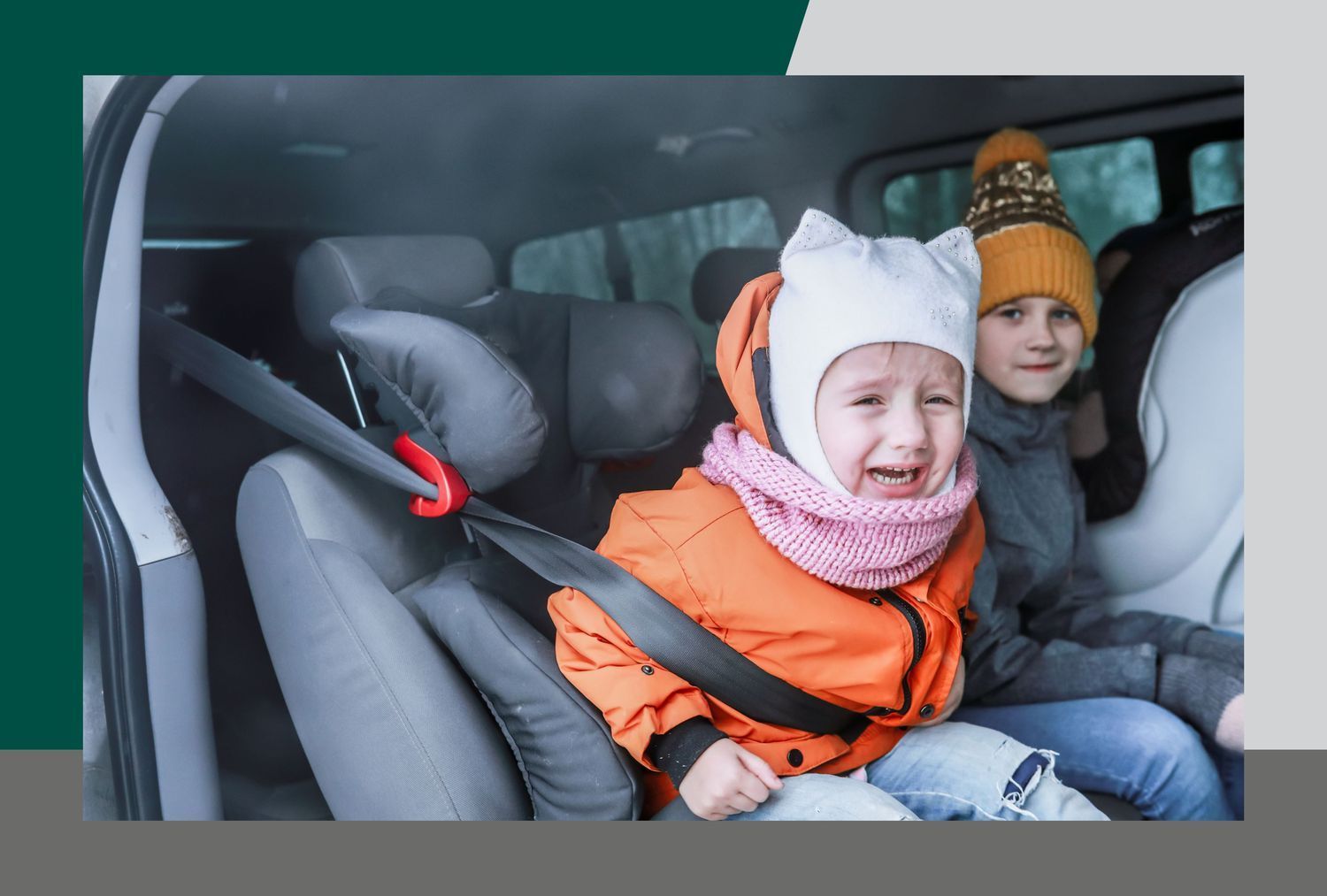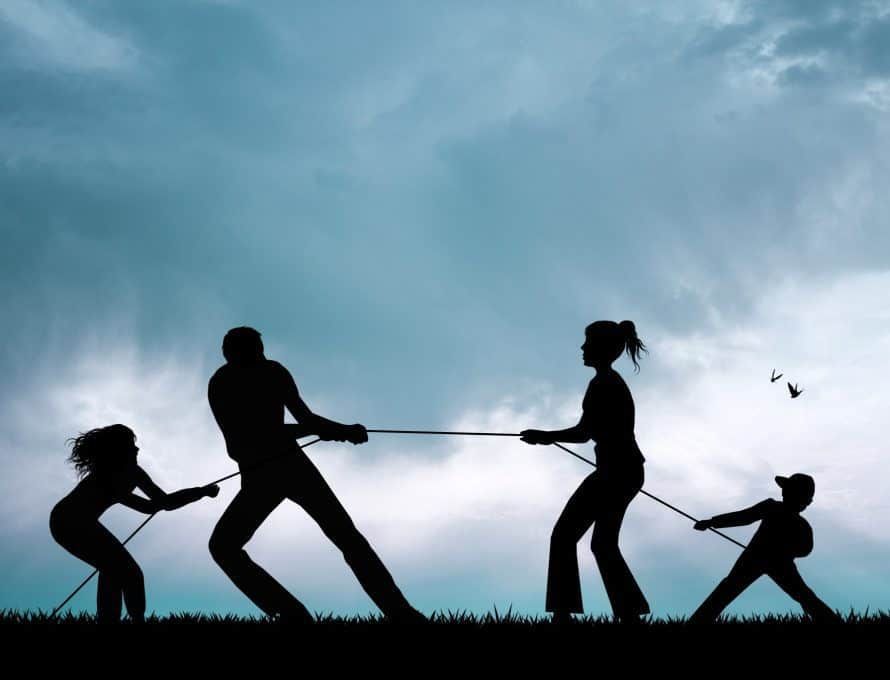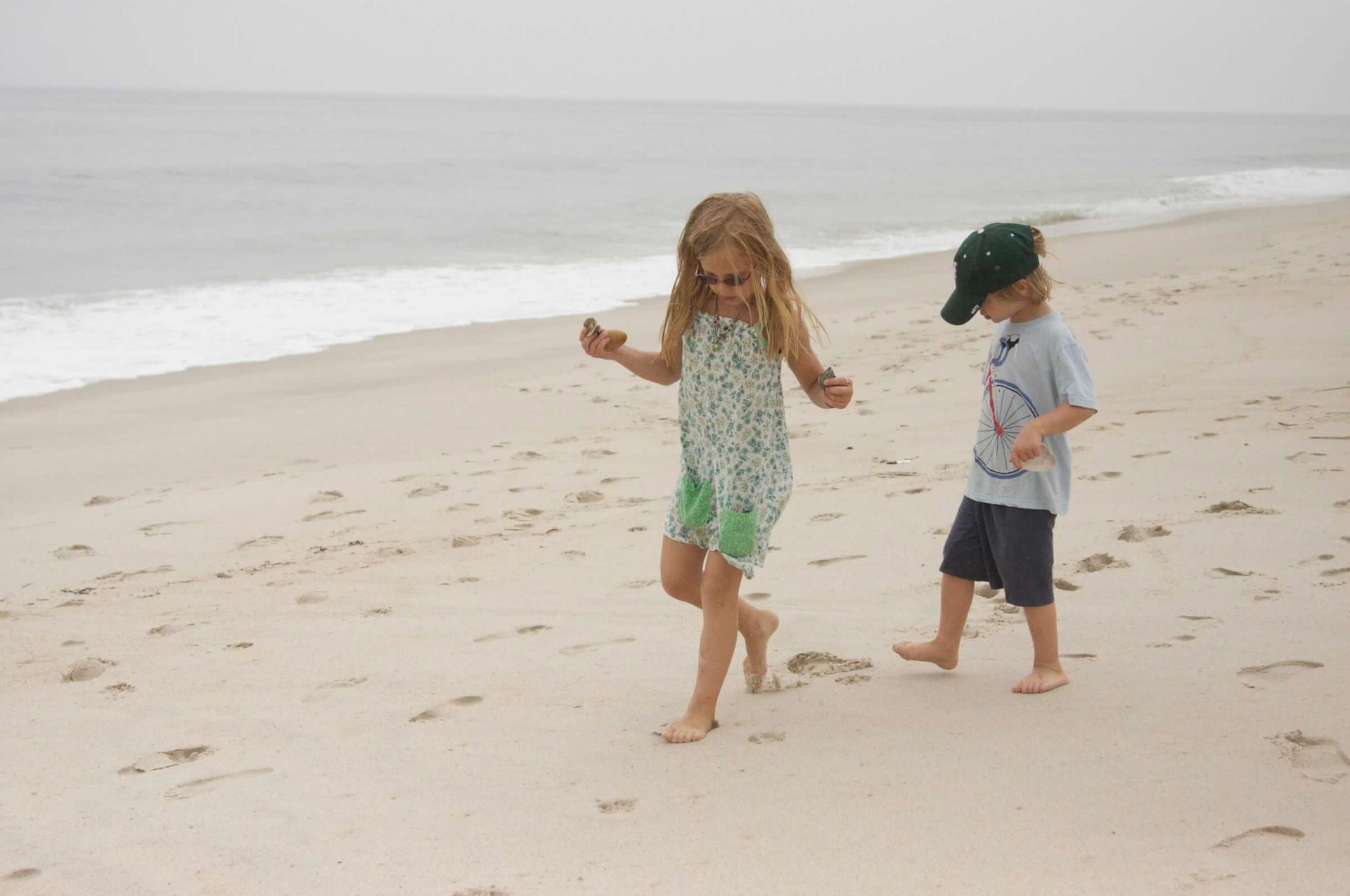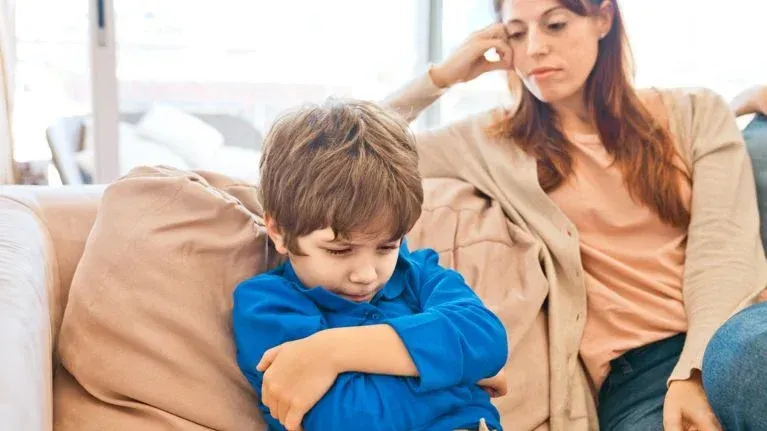By Andrea Robbins
•
February 15, 2026
Your Child Melts Down After School (But “Was Fine” All Day), This Is Why I hear this from clients all the time: “They hold it together at school… but the second they get in the car, it’s a meltdown.” “Her teacher says she had a great day, then she screams at home for an hour.” “He’s so well behaved with the babysitter. Why does he fall apart with me?” If this is your child, I want you to hear this clearly: It’s not because you’re doing something wrong. And it’s not because your child is manipulative, dramatic, or “saving it for you.” It’s because they feel safe with you. School Requires a Massive Amount of Regulation All day at school, your child is: Following directions Waiting their turn Managing social dynamics Sitting still Coping with noise, transitions, and expectations Suppressing big feelings Even if they love school, that’s a LOT of self-control. From a nervous system perspective, they are “holding it together.” And holding it together takes energy. By the end of the day, their regulation tank is empty. Home Is the Safe Landing Zone When your child walks through your door, their nervous system finally exhales. And sometimes that exhale looks like: Tears Yelling Irritability Clinginess Complete emotional collapse It’s not calculated. It’s not strategic. It’s decompression. You are their safest place. So you get the unfiltered version. And I know that can feel unfair. This Is a Nervous System Pattern, Not a Character Flaw When kids are in environments that require sustained self-control, their brains are working hard in the prefrontal cortex (the “thinking brain”). By late afternoon, that part of the brain is fatigued. The emotional brain is louder. Add hunger. Add overstimulation. Add social stress. Boom. After-school meltdown. This is incredibly common in nursery and elementary-aged kids, and yes, even in kids who are “good at school.” What Actually Helps Instead of trying to correct the behavior immediately, think in terms of regulation first. Some ideas: Offer a snack immediately (blood sugar matters more than we think). Reduce questions. (“How was your day? What happened? Who did you sit with?” can feel overwhelming.) Create a predictable decompression routine. Allow quiet time before homework. Lead with connection, not correction. Sometimes the most powerful response is simply: “You held it together all day. That’s a lot. I’m here.” If This Is Happening in Your Home… You are not alone. I hear this from many parents I work with. Often, once they understand what’s actually happening beneath the surface, the whole dynamic shifts. When we understand this as nervous system overload, not defiance, everything shifts. You’re not getting their worst. You’re getting their most authentic. And that means you’re their safe place. If this dynamic feels familiar, it’s not random, and it’s not something your child will just “grow out of.” There are practical, nervous-system-based strategies that make afternoons calmer and connection stronger. If you want support applying them in your real life (not just in theory), s chedule a free call today. Let’s make your home feel lighter. Best, Andrea Robbins, M.Ed | Parent Coach | Parenting Vistas

